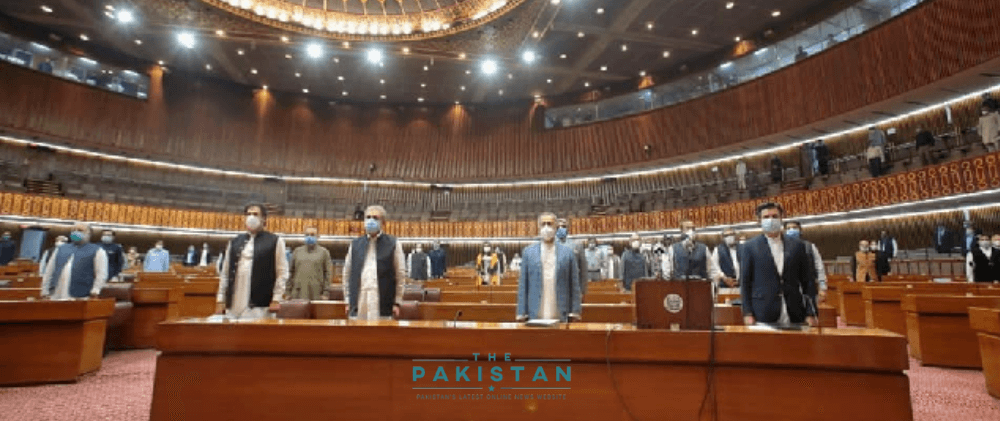
US report says Pakistan’s budget lacked fiscal transparency.
In a document titled “2020 Fiscal Responsibility Report,” the US State Department claimed the budget presented by the Pakistan government lacked key information on the government and government-guaranteed debt related to the China-Pakistan Economic Corridor.
The commentary, released almost a week after Federal Minister Hammad Azhar announced the budget for next fiscal year, said “the government published limited information on debt obligations.”
“The government did not adequately disclose all government and government-guaranteed debt obligations, including financing to state-owned enterprises for China-Pakistan Economic Corridor Projects.”
However, it noted that the budget did outline key details related to the revenue and expenditure streams and even mentioned the subheads under which the allocation were made, however, it failed in enacting essential civilian or parliamentarian oversight on the budget for intelligence agencies.
The US has long suspected hidden debts and secrecy surrounding the China-Pakistan Economic Corridor which includes a range of projects from power production, road and rail infrastructure to special economic zones. The CPEC was dubbed as the crown jewel in China’s $1 trillion Belt and Road Initiative.
Authorities in Washington have repeatedly criticised lack of clarity on the debts and loans associated with the CPEC projects.
The issue was also taken up by the US in 2018 as well when the PTI-led government sought an International Monetary Fund (IMF) bailout to help the economy. The US, at the time, had asked Pakistan to release details surrounding Chinese debts before it could become eligible for a loan from the IMF.
According to the IMF’s Extended Fund Facility Review, published in December, 2019, Pakistan has borrowed nearly $22 billion from China — including debt related to CPEC.
Although Pakistan’s budget document for the next fiscal year did not specifically mention the Chinese debt or loans, the complementary publication titled “Pakistan Economic Survey” did list down the details.
According to PES, 2020, Pakistan owes nearly $11bn to China excluding the commercial loans taken from Chinese banks.
Apart from this, the State Department noted that “the information in the budget was considered generally reliable and subject to audit by Pakistan’s supreme audit institution.
While audit reports are made publicly available within a reasonable period of time, the reports did not provide substantive findings, recommendations, or narratives on the completeness or correctness of government accounts.
However, it did point out that the budget was easily made available to the general public, and apart from aforementioned gaps, had adequate information.



